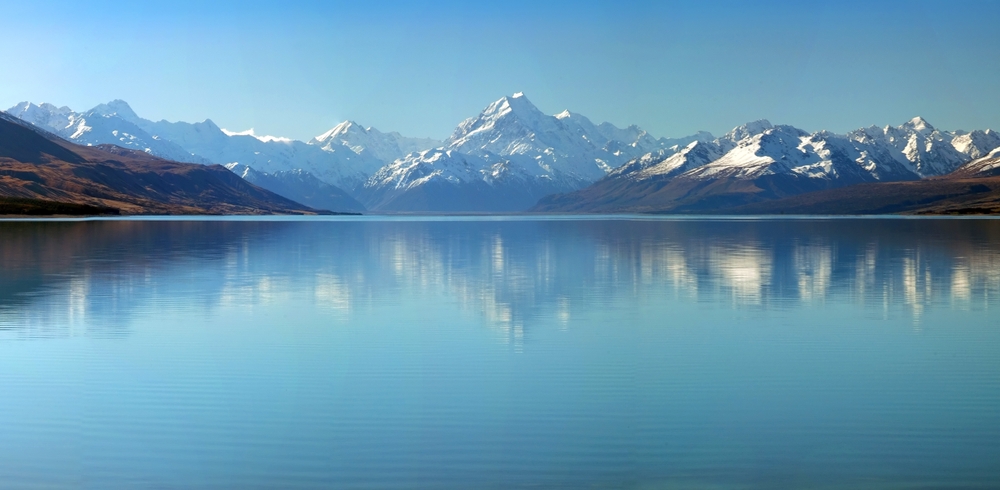In a landmark legal decision, Mount Taranaki—now officially known by its Māori name, Taranaki Maunga—has been granted legal personhood in New Zealand. This designation gives the sacred mountain the same rights and responsibilities as a human being, reflecting Indigenous people’s deep spiritual and cultural connection with the land.
A Step Toward Historical Justice
The recognition of Taranaki Maunga as a legal person is part of a broader effort to address historical injustices against Māori communities. The mountain has long been considered an honored ancestor and a cultural and spiritual sustenance source. “The mountain has long been an honored ancestor, a source of physical, cultural, and spiritual sustenance, and a final resting place,” stated Paul Goldsmith, the lawmaker responsible for government settlements with Māori tribes.
However, this sacred connection was disrupted during British colonization. In 1865, large areas of Māori land—including Taranaki Maunga—were confiscated as punishment for Indigenous resistance against the Crown. Over the years, hunting and tourism were promoted, while traditional Māori practices associated with the mountain were banned.
What Does Legal Personhood Mean for the Mountain?
The new law recognizes Taranaki Maunga as Te Kāhui Tupua, a “living and indivisible whole” that includes the mountain, its surrounding peaks, and lands. As a legal entity, Taranaki Maunga has rights, responsibilities, and protections to ensure its well-being.
A newly created governing body will serve as “the face and voice” of the mountain. This entity will consist of eight members—four appointed by local Māori iwi (tribes) and four by New Zealand’s Minister of Conservation.
Why Is This Recognition Important for Māori?
This decision is part of a broader movement to recognize Māori cultural values and rights. New Zealand has previously granted legal personhood to natural features, such as Te Urewera forest in 2014 and the Whanganui River in 2017.
“Today, Taranaki, our maunga, our maunga tupuna, is released from the shackles, the shackles of injustice, of ignorance, of hate,” said Debbie Ngarewa-Packer, co-leader of the Te Pāti Māori political party and a descendant of the Taranaki tribes. “We grew up knowing there was nothing anyone could do to make us any less connected,” she added.
How Will This Change the Mountain’s Future?
The legal rights granted to Taranaki Maunga aim to protect its ecological and cultural integrity. The law will prevent forced land sales, restore traditional Māori practices, and support conservation efforts to preserve native wildlife.
Public access to the mountain will remain open, ensuring that it continues to be a destination for tourism, hiking, and snow sports—though now with greater emphasis on respecting its cultural significance.
A Unanimous Decision in Parliament
All 123 New Zealand Parliament members unanimously passed the bill recognizing Taranaki Maunga’s personhood. The decision was met with a heartfelt waiata (Māori song) from the public gallery, where many had traveled from Taranaki to witness the moment.
The move comes at a critical time in New Zealand’s race relations. In November, tens of thousands of people marched to Parliament to oppose a proposed law that would redefine the Treaty of Waitangi. Critics argue that the proposal could strip Māori of legal rights and undo decades of progress in Indigenous recognition.
By recognizing Taranaki Maunga as a living entity with legal standing, New Zealand continues to lead the way in environmental protection and Indigenous reconciliation, setting an example for the rest of the world.


